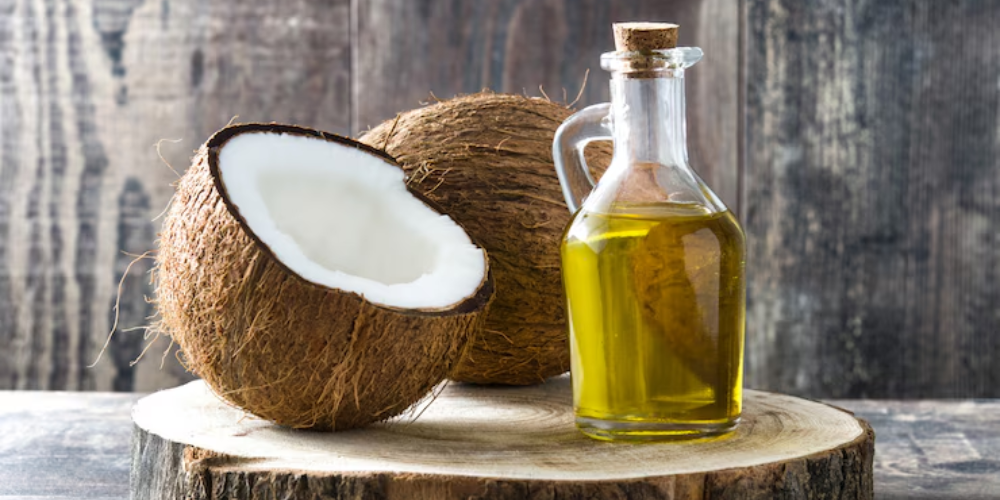
Can I Use Coconut Oil Instead of Vegetable Oil in Cooking?

Coconut oil has become a popular pantry staple, and for good reason! This fragrant oil, derived from the fruit of the coconut palm, adds a delightful twist to baked goods. Whether you’re a seasoned vegan baker or simply looking to explore new ingredients, coconut oil offers a versatile substitute for vegetable oil in your favorite recipes. “Can I use coconut oil instead of vegetable oil?” But, to get the most out of this unique oil, it’s important to understand its properties and how they differ from vegetable oil.
Understanding Coconut Oil’s Magic Touch
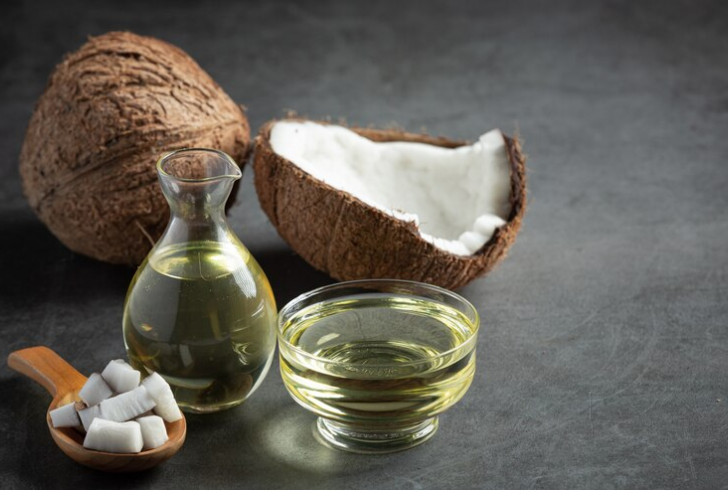
Image by jcomp on freepik | Unveiling the magic of coconut oil’s versatility and benefits.
One key difference between coconut oil and vegetable oil is their melting point. Vegetable oil typically remains a liquid at room temperature, while coconut oil transforms from a solid to a liquid depending on the temperature. Can I use coconut oil instead of vegetable oil if the recipe calls for a melted oil? Absolutely! keep in mind that coconut oil solidifies at around 76°F (24°C). If your kitchen tends to be cooler, you may need to slightly warm the coconut oil to achieve a liquid consistency.
The good news is that coconut oil shines as a 1:1 substitute for other fats in baking. Can I use coconut oil instead of vegetable oil for cookies? You can! Can I use coconut oil instead of vegetable oil for cakes? Absolutely! Regardless of whether the recipe calls for vegetable oil, canola oil, or even butter, coconut oil can be swapped in equal measure. This makes it a convenient choice for bakers who want to experiment with different flavors and textures.
For instance, if a recipe calls for solid butter, you can use room-temperature coconut oil instead. This substitution works particularly well for pie crusts, where the chilled, solid oil can be cut into the flour similar to how butter is traditionally used.
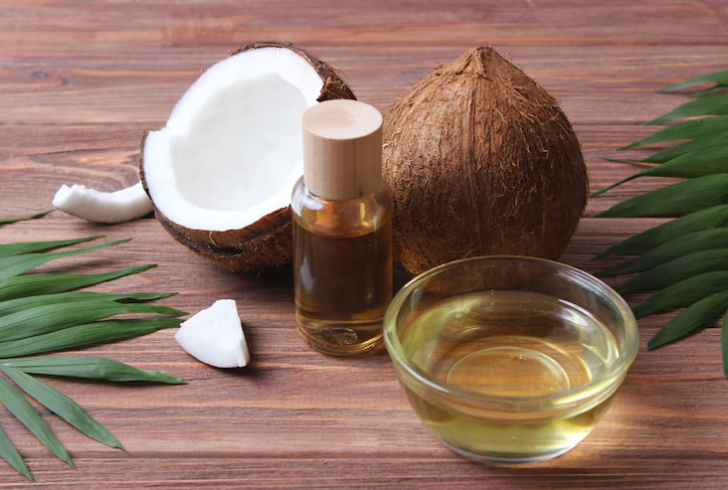
Image by whitebearstudio on freepik | Swap solid butter with room-temperature coconut oil in recipes for a healthier twist.
When using coconut oil, it’s best to ensure all your other ingredients are also at room temperature. This is because liquid coconut oil tends to solidify when mixed with cold ingredients, which can lead to a clumpy batter. Taking a few minutes to bring your eggs and milk to room temperature can prevent this unwanted outcome.
Beyond its baking prowess, coconut oil’s high smoke point makes it a great choice for greasing baking pans. A quick swipe with a pastry brush or paper towel coated in coconut oil provides a non-stick surface for your cakes, muffins, and other baked delights.
Coconut or No Coconut? Tailoring the Flavor to Your Preference
One of the biggest advantages of using coconut oil is the ability to control the coconut flavor in your baked goods. Unrefined coconut oil, sometimes labeled as virgin or pure coconut oil, undergoes minimal processing and retains the distinct coconut aroma and taste. This can be a delightful addition to recipes like coconut cookies or pineapple upside-down cake.

Image by azerbaijan_stockers on freepik | Enhance your baking with the delightful coconut flavor of unrefined coconut oil, perfect for coconut cookies.
But, if you prefer a more neutral flavor profile, refined coconut oil is your friend. This type of coconut oil is processed at higher temperatures, removing most of the coconut scent and taste. Refined coconut oil is a perfect substitute for vegetable oil in recipes where you don’t want a prominent coconut flavor.
Ultimately, the choice between unrefined and refined coconut oil comes down to personal preference. Experiment with both types to discover which best suits your baking style and the specific recipe you’re creating.
So, the next time you’re wondering can I use coconut oil instead of vegetable oil, the answer is a resounding yes! With its versatility, unique flavor profile, and suitability for various baking applications, coconut oil can become a valuable addition to your baking arsenal. Explore different types of coconut oil, discover its functional benefits, and have fun creating delicious and delightful baked treats!
More in Diet
-
`
Are Mono Diets Worth It – or Just a Dangerous Trend?
As summer brings on the pressure to slim down fast, the internet lights up with diet trends promising instant results. One...
August 3, 2025 -
`
Why Motivation Is Essential for Sustainable Fitness Success
Motivation isn’t something that shows up when it’s convenient—it’s something that needs to be built, shaped, and sustained. Many people struggling...
July 27, 2025 -
`
The Mystery of Human Body Parts That Science Still Can’t Solve
The human body is a patchwork of evolutionary choices, quirks, and mysteries. From skeletal structure to the tiniest gland, everything tells...
July 18, 2025 -
`
Why a Mediterranean Diet and Exercise Slow Bone Loss in Seniors
Bone health isn’t just a concern for the elderly—it’s something that starts to matter the moment the body begins to lose...
July 12, 2025 -
`
Want Better Memory? This Diet Could Help Keep Your Brain Sharp
Losing focus, memory lapses, or slower thinking—these aren’t just normal parts of aging. While cognitive changes do happen over time, lifestyle...
July 5, 2025 -
`
The Truth About Health Tracking Apps and Their Impact on Wellness
Scroll through social media or browse the App Store, and you’ll likely spot dozens of health tracking apps. They promise everything—from...
June 29, 2025 -
`
New Study Reveals Alzheimer’s Affects the Entire Body
Most people associate Alzheimer’s with memory loss and cognitive decline, assuming its impact stays confined to the brain. But new findings...
June 21, 2025 -
`
The One Simple Habit Mark Cuban Credits for His Success
Success doesn’t come from shortcuts or luck—it’s built on habits that stand the test of time. Mark Cuban, the outspoken billionaire,...
June 14, 2025 -
`
Thinking of a Detox Diet? Read This Before You Start
Detox diets continue to be one of the most talked-about trends in the wellness space. Whether it’s juice cleanses, tea plans,...
June 8, 2025

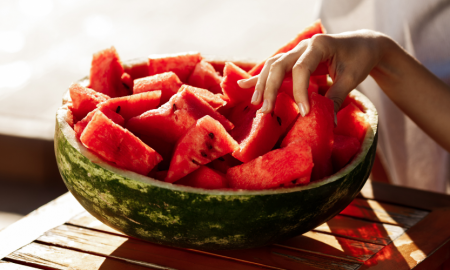






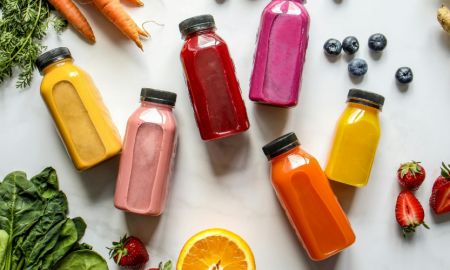
You must be logged in to post a comment Login